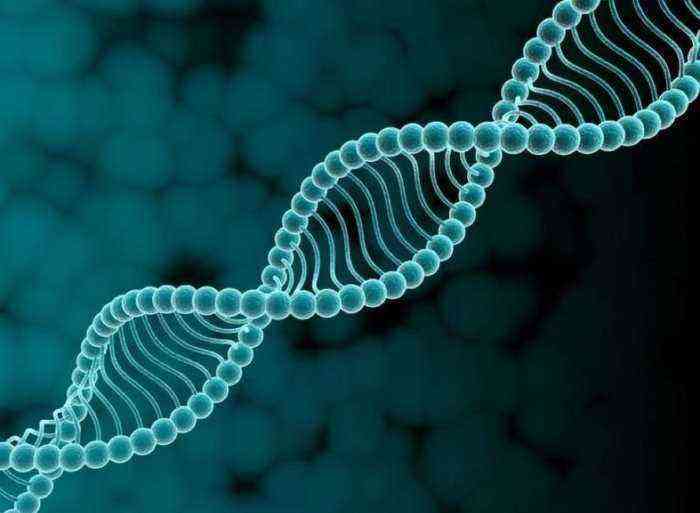In a groundbreaking study led by researchers from University College London (UCL), more than 200 genes associated with depression have been identified. Published in Nature Genetics, this worldwide study marks the first large-scale global investigation into the genetics of major depression in participants from diverse ancestry groups. The research uncovered over 50 new genetic loci, which are specific positions on chromosomes, and 205 novel genes linked to depression.
The study also revealed the potential for repurposing existing drugs, with one of the identified genes encoding a protein targeted by a common diabetes medication. Additionally, the findings suggest new drug targets that could be developed to treat depression.
Despite depression being a prevalent mental health condition, understanding its development remains limited. Genetic research utilizing large datasets has opened up new avenues for comprehension and has unveiled dozens of genes associated with depression. However, previous studies have predominantly focused on individuals of European ancestry, which the researchers highlight as a significant drawback due to the complexity of depression.
The study employed several genetic research methods, including genome-wide association studies, a meta-analysis of previously published data, and a transcriptome-wide association study. Genetic data from 21 study cohorts across multiple countries were reviewed, comprising nearly one million participants from African, East Asian, South Asian, and Hispanic/Latin American descent. The study population included 88,316 individuals with major depression.
This pioneering research has made significant strides in identifying genes linked to depression risk, both through newly identified links and by strengthening existing evidence. It also highlights the potential of certain genes, such as NDUFAF3, for drug development.
NDUFAF3 encodes a protein that has previously been associated with mood instability. It is also the target of metformin, a widely used diabetes drug. Animal studies involving metformin have suggested a possible connection to reduced depression and anxiety. This latest finding further supports the need for further investigation into the potential use of metformin in treating depression.
Other genes identified in the study demonstrate biologically plausible links with depression. For example, one gene is connected to a neurotransmitter involved in goal-directed behavior, while others encode a type of protein previously associated with various neurological conditions.
Surprisingly, the study found less overlap in the genetic factors for depression across different ancestry groups than expected—approximately 30% overlap based on a novel method developed by the research team. This finding underscores the importance of studying depression in diverse samples, as certain findings may be specific to particular ancestries.
Lead author Professor Karoline Kuchenbaecker (UCL Psychiatry and UCL Genetics Institute) emphasized the need to broaden genetic research beyond a Eurocentric focus. She stated, “Our understanding of such complex diseases as depression will remain incomplete until we overcome the Eurocentric bias in genetics research and look for causes in diverse people across the world.”
According to Professor Kuchenbaecker, many genes previously linked to depression risk may only impact individuals of European descent. In order to develop genetic-based treatments that benefit people of all ancestries, diversity within genetic datasets is crucial.
While this study represents an initial discovery, further research is necessary to confirm the identified targets. Nonetheless, uncovering these genes presents a significant breakthrough, particularly for a disorder that urgently requires the development of new medications.

